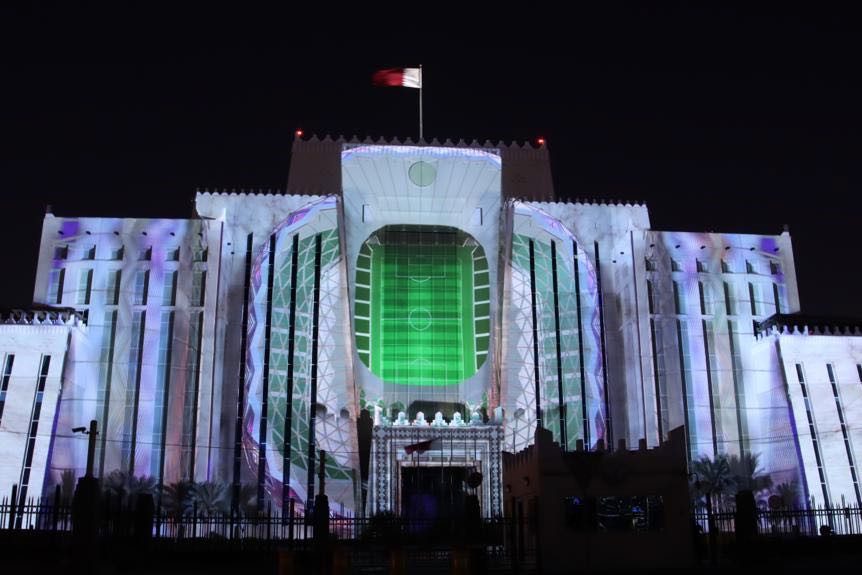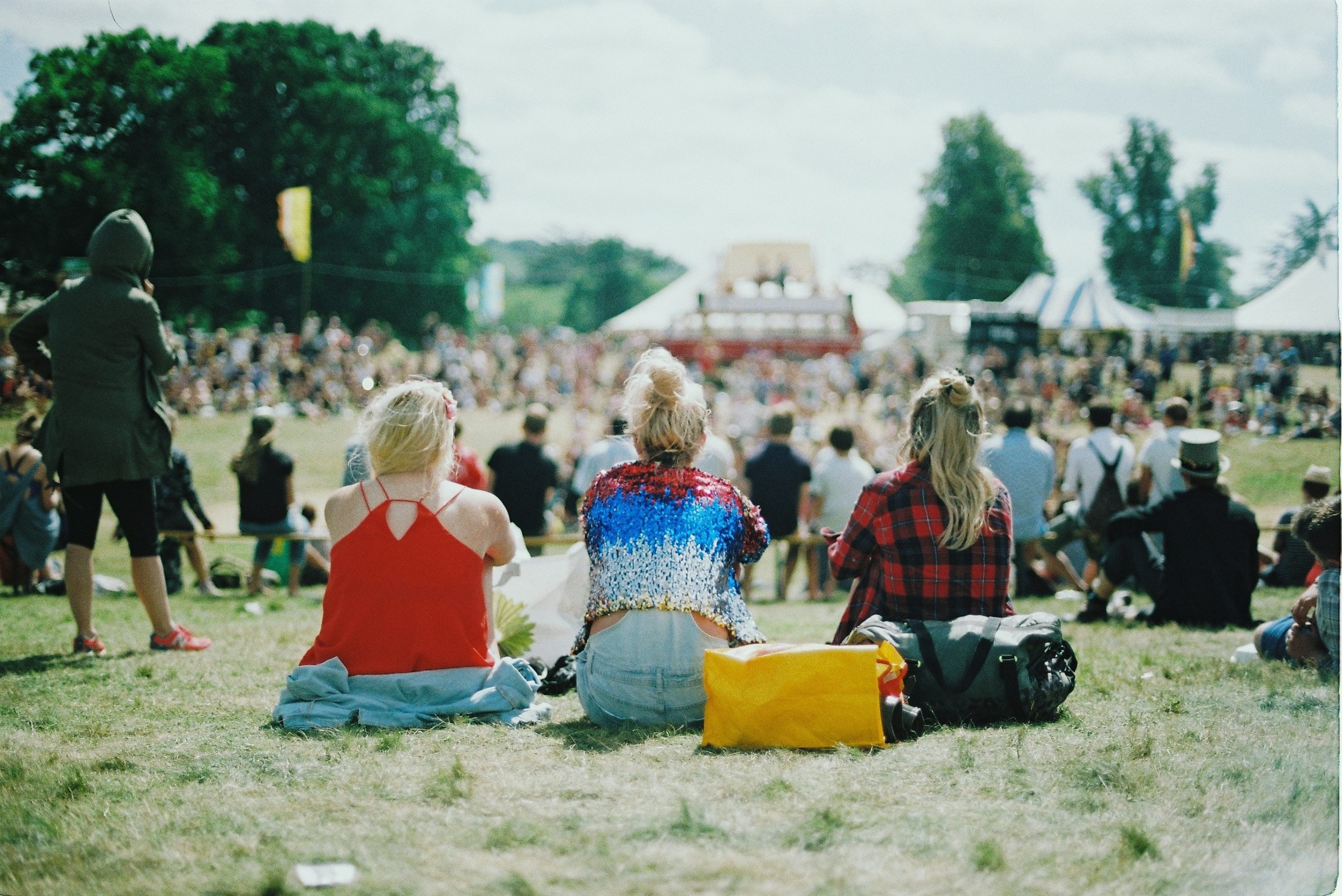Delivering eco-friendly and sustainable festivals
Introduction
In recent years, the global focus on environmental sustainability has grown exponentially. As a leader in the event branding and venue dressing industry, CSM Live recognises the crucial role that festivals and large-scale events play in shaping our planet’s future. The objective of this guide is to provide in-depth tips and insights for reducing the environmental impact involved in delivering festivals, without compromising on the excitement and entertainment that festivals are known for.
Planning and preparation
Begin by identifying all the environmental areas that your event will affect. This initial audit will help you identify areas for improvement and set a benchmark for future evaluations. Once you have a clear understanding of your event’s environmental impact, you can develop a plan with absolute targets.
- Areas to consider include transport and logistics, onsite energy usage, construction and/or usage of stages and facilities, signage and branding, food and beverage operations, waste and recycling, biodiversity and the natural environment.
- The plan should designate specific environmental responsibilities to key individuals to ensure that there are no blind spots and that it is clear to everyone whose role it is to pursue and monitor specific sustainability tasks within each impact area.
- To ensure sustainability is front of mind throughout the event management process, ensure there are regular progress updates with designated personnel to ensure that everyone is on the same page and working towards the same goals.
Purpose-centric partnerships and sponsorships
To successfully deliver festivals, collaborating with brands and securing sponsorship is essential. Seeking out sponsors that can authentically enhance your efforts to become more sustainable can be a minefield.
- Before engaging with any potential partner or sponsor, ensure that your team have identified the top 2-3 social and environmental areas that your organisation should prioritise and champion.
- Ensure that your commercial/partnerships team are fully aware and aligned with the above to ensure that any potential sponsor’s values are aligned prior to entertaining a partnership.
- Encourage the commercial/partnerships team to engage with businesses embedded in the circular economy, businesses that demonstrate clear commitment to climate action and environmentally conscious practices, as well as brands who can provide expertise on overcoming a particular sustainability challenge you are faced with.
- Explore the potential of working with multiple smaller, but more environmentally conscious sponsors rather than one or two large but wholly unsustainable sponsors.
Waste reduction and management
Waste management is a critical aspect of sustainable event planning and contrary to common belief, this needs to happen at the beginning of the project management process.
- Speak with your waste partner to identify what waste routes they can cater for (e.g. general waste, dry mixed recycling, compost, specialist or industrial materials) and what the final destination for the waste is. Often many waste companies use ‘Recycling’ as a catchall term, when in fact they mean that the waste goes to energy recovery (a.k.a. combustion or waste to energy). Ensure that your waste partner can provide evidence of any end-of-life recycling processes.
- Clarify exactly which items can/cannot go into the recycling bins/skips, as well as what rates of contamination they will/will not accept. This is so that you can provide clear educational signage around all disposal stations to optimise recycling rates.
- Put in place a plan to ensure that disposal stations are high in frequency, easily accessible, and well-maintained.
- Engage with local community groups, charities and initiatives to see if there are any larger or more durable items that can be repurposed or donated.
Temporary rental infrastructure for greenfield festival sites
When hosting a festival at a greenfield site, consider utilising temporary rental infrastructure rather than permanent. Renting infrastructure not only allows for a more flexible event design but also contributes to the circular economy.
- Choose environmentally conscious suppliers, and question them thoroughly. Ask about the energy efficiency of their equipment, ask them for proof of material eco-certification, ask them about their reusable and recyclable material options, and ask them for proof of operational waste and emission reductions.
- Opt for modular and reusable structures, such as tents, marquees, wayfinding solutions and staging systems. Structures that can be easily assembled and disassembled are more resource efficient as they can be repurposed for multiple events, eliminating waste and the need for new materials.
- Ensure rented temporary facilities are energy efficient, such as restrooms, showers, and food service areas. This includes using low-flow plumbing fixtures, energy-efficient lighting, and proper insulation to reduce energy consumption.
- Minimize the potential ground impact when installing temporary infrastructure by using ground protection mats and taking other measures as identified by your biodiversity and natural environment audit.
Eco-alternative print, signage, and wayfinding solutions
Although print, signage, and wayfinding are essential elements of festivals, ensure that the partner you work with uses eco-alternative materials, water-based inks and low-emission printing and production processes.
Ensure your signage artwork is designed with Circular Economy principles in mind – with the aim of maximising the material’s usage. Remove references to dates and locations that are subject to change. When incorporating sponsor logos, design them on separate, easily replaceable panels – allowing for simple updates without having to reprint entire signs.
Green energy solutions
Implement energy-saving measures such as LED lighting, timed power usage, and energy-efficient appliances whenever possible. Ensure that any generators are solar-powered, or run on renewable or alternative low-carbon fuels.
Consider partnering with green energy providers to develop a more sustainable energy plan tailored to your event’s specific needs.
Sustainable food and beverage options
Work closely with vendors to ensure they adhere to your event’s sustainability standards and are implementing environmentally conscious practices in their operations.
- Offering locally sourced, organic, and plant-based menus reduces environmental impact, promotes community engagement and supports the local economy.
- Use compostable or reusable food containers and utensils to minimise waste.
- Provide water refilling stations and provide branded reusable bottles as part of the ticket package.
Educate and engage
Engage festival-goers with climate action by encouraging positive behaviour change during and after your event.
- Create interactive festival activations that encourage attendees to engage with climate as a topic in a meaningful way. This can include a dedicated “Green Zone” where festival-goers can learn about and participate in various sustainability-focused activities.
- Use communication touchpoints before during and after the event to create a sense of shared responsibility and foster a community of environmentally conscious individuals.
- Consider offering incentives for low-carbon transport options, such as giving ticket holders free public transport to and from the event, or offering food and beverage tokens to those who carpool or cycle.
- For on-site transport, use electric or hybrid vehicles where possible.
Measure and improve
Following the event, conduct a post-event sustainability audit to evaluate your festival’s environmental impact. Collate the environmental data your team have been collecting throughout the event management process and at each progress update meeting.
Compare the results with your initial audit to identify areas of improvement and track your progress towards your sustainability targets. Gather feedback from attendees, partners, and vendors to gain insights into what worked well and areas that require further attention.
Share your success stories and lessons learned to inspire other event organisers and contribute to the collective effort towards greener events.
Conclusion
The importance of sustainability in the festival industry cannot be overstated. As event organisers, partners, and attendees, we all play a crucial role in creating a better future.
By working together, we can continue to enjoy the excitement and entertainment of festivals while preserving our planet for future generations. We encourage you to share this guide with others and join us in our mission to create eco-friendly and sustainable festivals.





